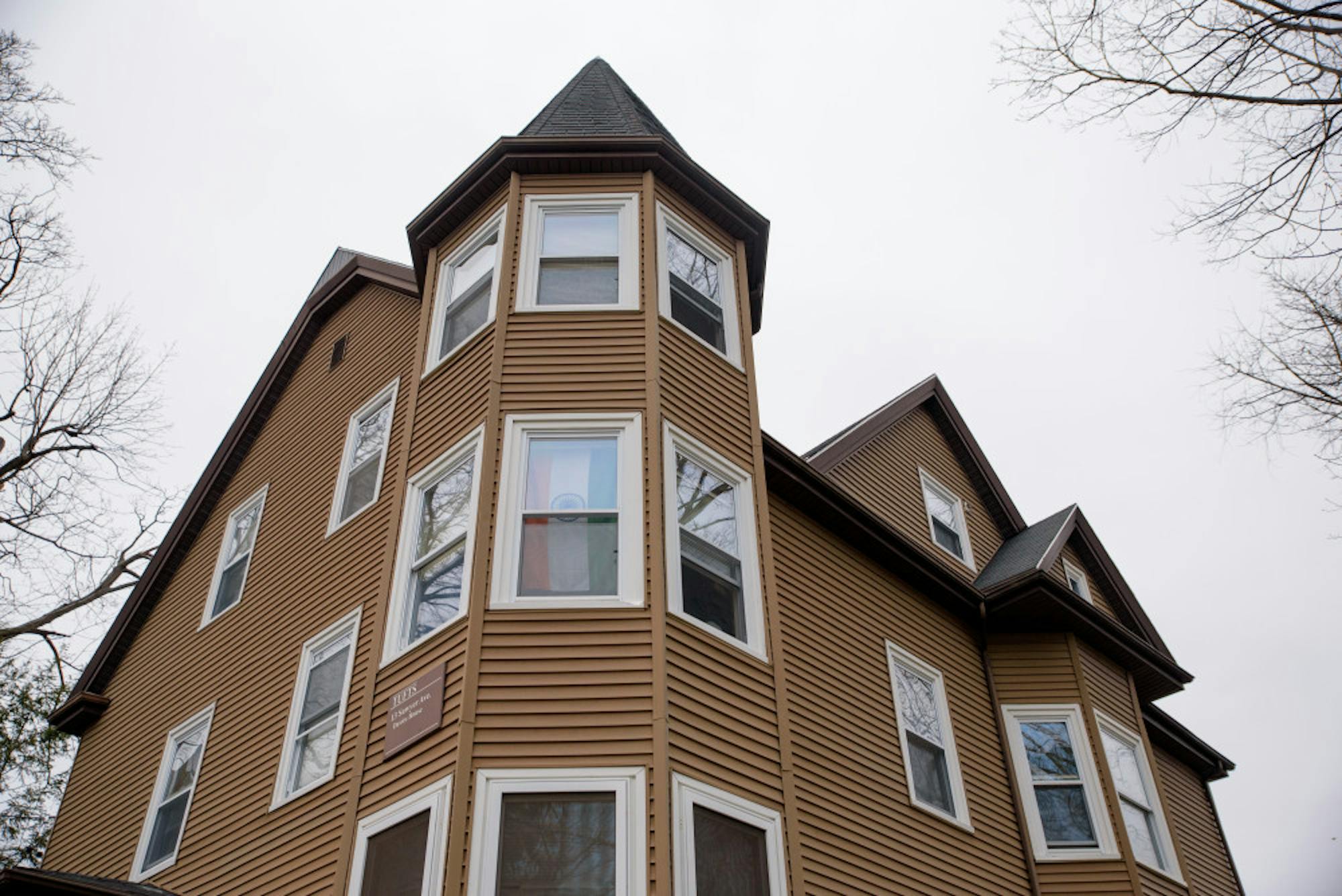The cost of Curricular Practical Training (CPT), a program that allows international students to gain work experience in their field of study, will nearly double from the half-credit cost to a total of $966 starting this summer as the university's new credit system is implemented.
CPT is a federally regulated program administered by the International Center (I-Center) at Tufts that gives international students with F-1 student visas the opportunity to complete work-study, an internship, cooperative education or employment in the student’s field of study. Students must have declared majors, have completed two consecutive semesters in good academic standing and must either receive academic credit or fulfill a major requirement from the CPT opportunity, according to the Student Life website.
Dean of Academic Affairs for Arts and Sciences Joseph Auner described the administrative rationale behind the rising cost of CPT.
“The deans set the tuition rate for summer courses. The Summer 2018 rate for a three SHU course is $2898, which represents an increase of 3.6% from last summer. This results in a per-SHU rate of $966,” Auner told the Daily in an email. “Managing the CPT program involves time and effort of academic advisors and staff from the International Center, the Financial Aid office and other offices in the university.”
According to Auner, the deans remain committed to ensuring international students can participate in CPT, regardless of their financial situation.
“[Dean] Glaser and [Dean] Qu have authorized funds to cover the cost of the CPT courses for those students with high financial need as determined by the Financial Aid Office and the International Center,” Auner said. “From the beginning of the SHU conversion process, they have been committed to ameliorating financial hardship resulting from the change in tuition for the CPT program.”
Patrick Himes, the assistant director for technology at the I-Center, explained that CPT provides international students an opportunity to gain valuable work experience that they would otherwise miss out on based on their work eligibility status as international students.
“We can approve someone to work at a specific off-campus business, organization, nonprofit ... you name it. Anything that could be considered employment, we can approve it,” Himes said. “If an experience is required by a program ... then we can authorize that. If something is not required for a program, then the student must earn academic credit [for us to approve it]."
Without CPT, international students would have to apply for Optional Practical Training (OPT), which allows F-1 students to work for a total of 12 months in the United States beyond their course requirements, according to Himes. CPT employment does not count against the 12 months granted under OPT.
“OPT is a blanket authorization for a student to work in their field. It’s good that students have the option of CPT ... because say you get a two or three month internship in the summer, and then you only have nine months of work authorization under OPT after you graduate,” Himes said.
Shari Moona, administrative coordinator at the I-Center, spoke of the benefits that CPT provides international students.
“American students are able to work off campus with no problem at all, but [CPT] benefits international students because they can get experience with American companies, and that often leads to full time jobs after graduation,” Moona said.
When the I-Center staff learned that the cost of CPT would nearly double, both Himes and Moona expressed concern about the ability of international students to continue to participate in the program.
“We fought [the cost increase], we didn’t want it to happen," Himes said. "Only the highest need financial aid students are getting that cost waived, but even if you’re not that ... and you come in and say I’ve got this opportunity that could be really helpful in your future, but it’s going to cost you $966.”
Moona also expressed concern about the increasing cost of the program, noting the added costs of unpaid internships.
“Even for students that aren’t on financial aid ... that may have unpaid internships, they’re paying almost a thousand dollars [for CPT] to work for free for the summer, so that’s challenging. And then there’s housing costs. It really puts international students at a disadvantage,” Moona said. “As far as I know, it doesn’t really provide any academic benefit for students, so it’s kind of silly that they’re paying that $966 as it’s required by the government that they be registered in this course.”
Himes added that the CPT program is important not only for individual students, but the university as a whole.
“If you look at the big picture, it’s important for the success of your students, for alumnae engagement, for [Tufts’] brand, and for connections for future students,” he said.
International student employment training program to nearly double in cost

The International House is pictured on April 14, 2018.





